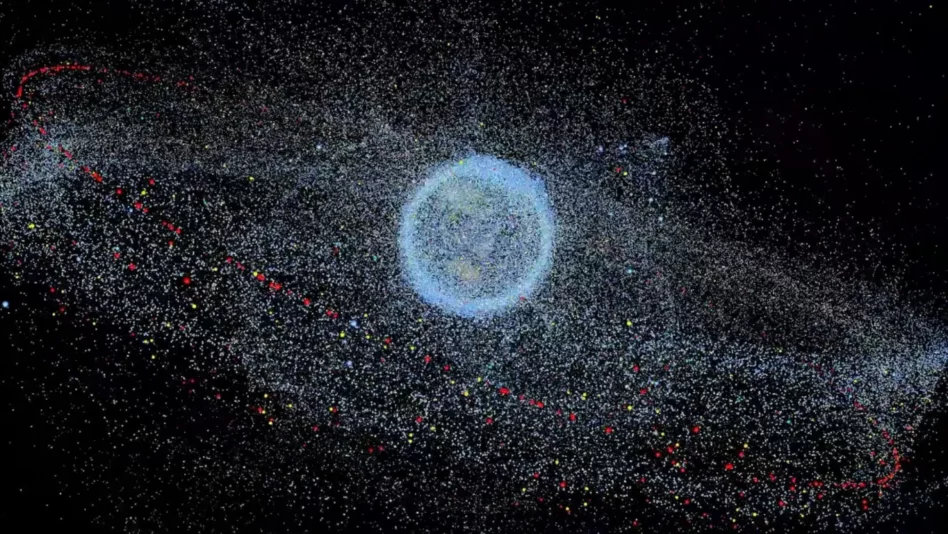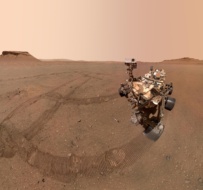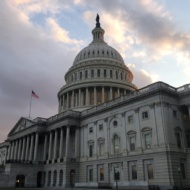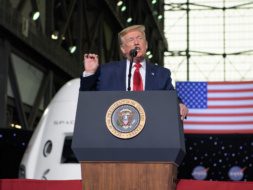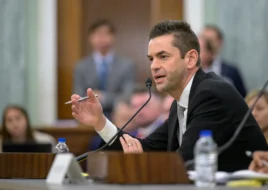The Senate unanimously approved a bill on Tuesday to encourage government investment in tech to clean up space.
The legislation now heads to the House, where its path forward is unclear.
The details: The Orbital Sustainability (ORBITS) Act would take several steps to prioritize the removal of dangerous debris from orbit, including:
- Requiring the Commerce Department to publish a list of the most threatening debris for spacecraft
- Launching a government-wide update to orbital debris standards
- Establishing a program at NASA to demo active debris removal tech
- Developing better space traffic management procedures to avoid debris-creating collisions
The bill is cosponsored by Sens. Maria Cantwell (D-WA), John Hickenlooper (D-CO), Cynthia Lummis (R-WY), Roger Wicker (R-MS), and Kyrsten Sinema (I-AZ).
How we got here: A bipartisan group of senators introduced the bill in February, and it passed the Senate Commerce, Science, and Transportation Committee in July.
Deja vu? Senators introduced a nearly-identical version of the bill in 2022, which also passed the Senate in December but wasn’t considered by the House before the 117th Congress concluded at the end of the year.
This year’s bill has one advantage over last year’s effort: time. The 118th Congress doesn’t end until December 2024, giving the House more time to consider the Senate-approved language if it chooses to.
